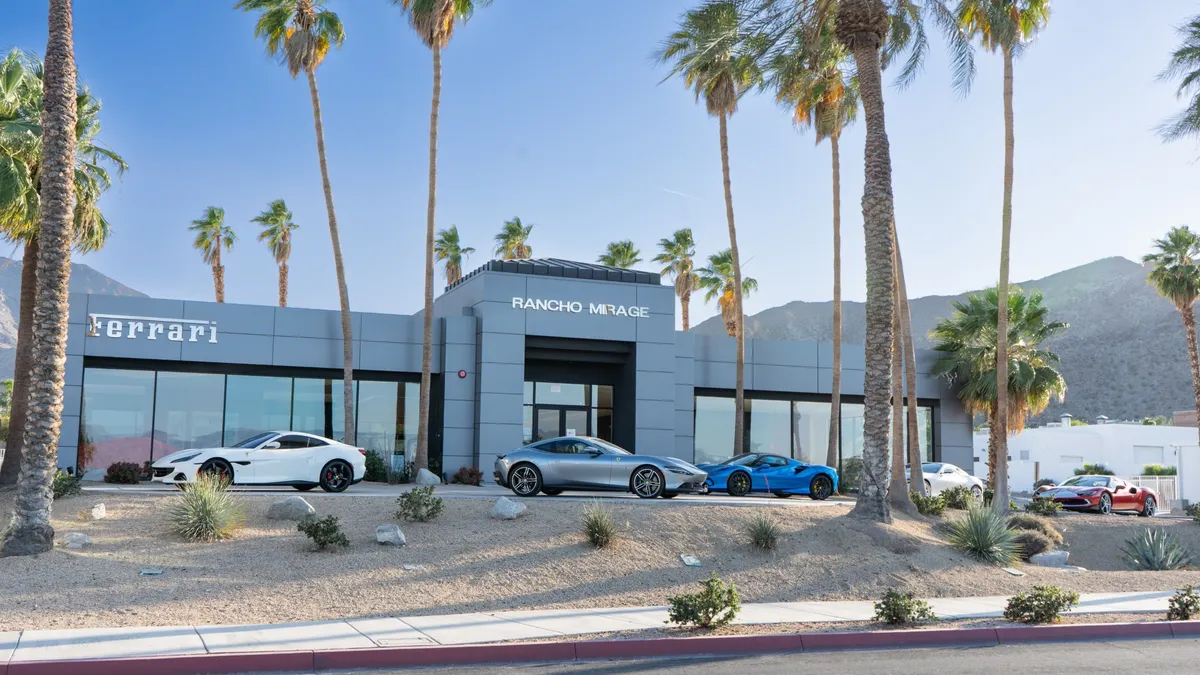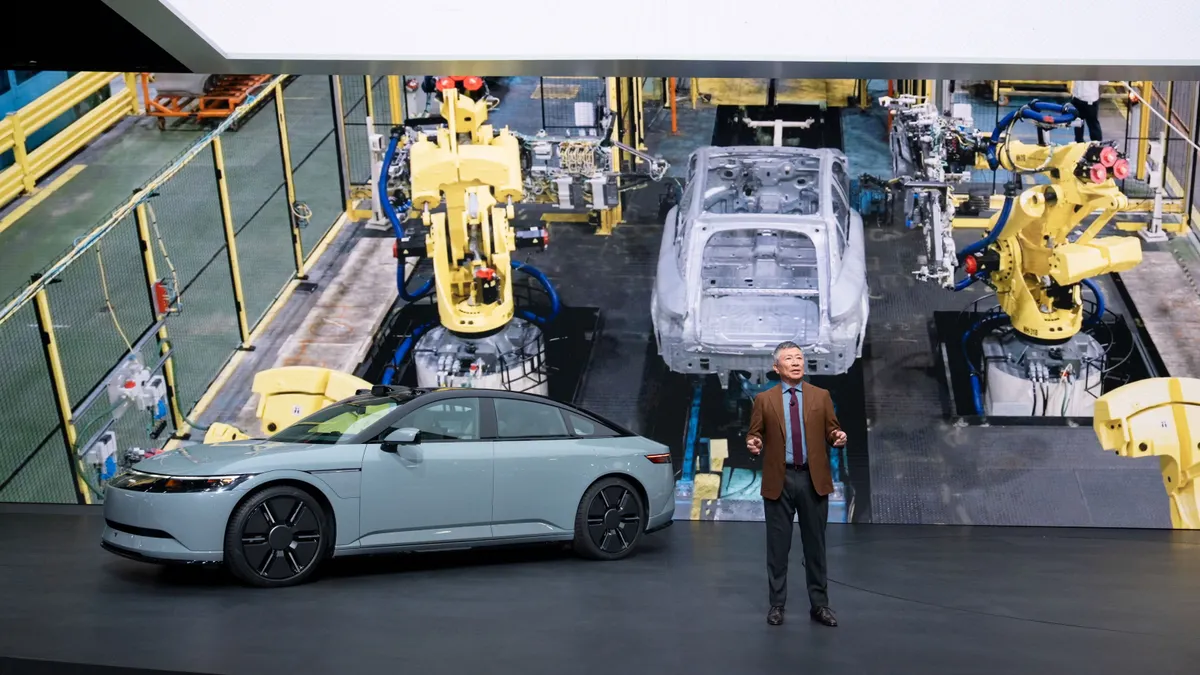Editor's note: This story is part of the WardsAuto digital archive, which may include content that was first published in print, or in different web layouts.
When I was growing up as a kid, I always felt like I had missed the great turning points in history. I secretly wished I had lived in a time when momentous events were reshaping the world.
Well, as they say, be careful what you wish for. Now I know I’m living through one of the most hair-raising events in history. The COVID-19 pandemic is going to permanently change the way we live and work, especially in the automotive industry.
As the pandemic spread throughout the world, automakers and suppliers kept production running as long as they could. They had been through tough times before and knew how to handle recessions.
But this pandemic caught them completely off-guard when they had to shut everything down and send their employees home for months. How was any work going to get done when no one was coming into the office?
The auto industry is always working on future products. Any time you see a new car unveiled, you have to remember it was actually designed and developed several years ago. If you don’t have something new going into your showrooms every year, you start losing market share. It’s just that simple.
Automakers were deeply worried that future product development would grind to a halt amid the pandemic. But to everyone’s surprise, it turned out working from home went better than anyone expected.
I’ve interviewed a number of OEM and Tier 1 executives about working under quarantine and each one said they were amazed at how much work was getting done.
So much so, they are thinking about offering employees the option of working from home once the pandemic is over. They’re already dreaming of reducing the amount of office space they need.
Working parents with young children who pay for day care might jump at the opportunity to work from home. In the U.S., the typical family pays about $1,000 per child per month for day care. It’s not unusual for households with a couple of kids to be forking out $20,000 a year. So working from home actually could put more money in their pocket, even if they took a pay cut.
Some jobs, of course, can’t be done from home. Manufacturing, testing and even clay modeling requires people to be physically in the shop working with equipment. But just about everything else can be done remotely.
One of the big societal changes coming out of this pandemic has been the widespread acceptance of online meetings. People who never used video conferencing before are now becoming old pros at how to connect, adjust the camera and get the lighting right.
The face-to-face interaction is quite good and is so productive that executives want to see this continue even when the quarantines are over.
Not only do they expect big increases in productivity by eliminating a lot of travel, they also relish the opportunity to slash their travel budgets. One Tier 1 exec told me he already slashed his company’s travel budget for the year by 90%.
Akio Toyoda (pictured, left) recently told investors and shareholders he’s cut Toyota’s travel budget this year by 80%. He told them he’s spending a lot less time in meetings and has cut his paperwork in half. He says the pandemic has opened his eyes to new ways of working.
Less business travel will translate into less business for the daily rental companies, and that could really hurt new-car sales. Hertz is teetering on the brink of bankruptcy.
Remember, in the U.S. market alone, the daily rental companies buy nearly 2 million new vehicles a year. If that business doesn’t come back, it’s going to leave a gaping hole in sales.
Car dealers also are being forced to change their ways. They’re trying to salvage sales by getting quarantined customers to do all the paperwork online and are promising them “contactless” car delivery right to their driveway.
Many people already shop online for goods and food with at-home delivery. They’ve come to expect it and wonder why they can’t buy cars this way. Online retailing could become a permanent way of selling cars. And if that happens, do retailers really need big, fancy showrooms on expensive, primo real estate?
Another long-lasting effect of the pandemic could be a public aversion to mass transit. Many people are not going to want to get onto crowded buses, subways or trains. And they may not want to get into a taxi or Uber car with the driver on board. This could lead to more sales of personal cars, which could help offset the drop from the daily rentals.
At some point this pandemic is going to run its course. I, for one, can’t wait to get back to whatever we’re going to call “normal.” But I’m also pretty sure some things will never be the same.




















